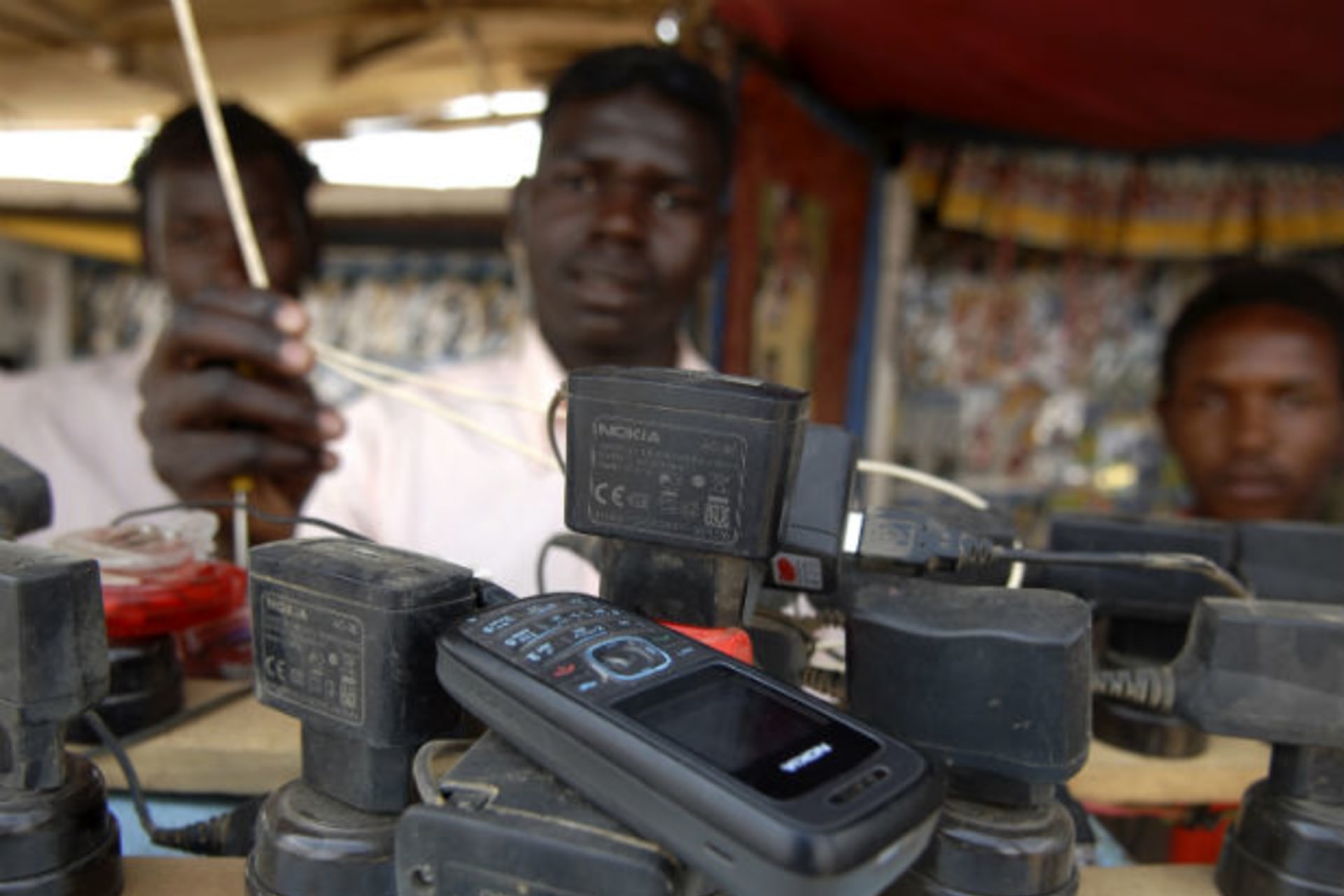Guest Post: Defining Mobile Phone Usage in Africa

By experts and staff
- Published
By
- John CampbellRalph Bunche Senior Fellow for Africa Policy Studies
This is a guest post by Asch Harwood, CFR Africa program research associate. Follow him on Twitter at @aschlfod.
A comment was recently made to me citing the huge number of mobile phones in Nigeria—over 90 million—as an indicator of that country’s budding middle class. However, in this conversation, my interlocutor failed to make the distinction between mobile phones and mobile phones subscriptions, which turns out to be important.
In most of Africa, prepaid SIM cards dominate and, almost always, mobile phone statistics refer to subscriptions. A person can have a mobile phone subscription without having a mobile phone; or multiple mobile phones and multiple subscriptions; or a subscription without any minutes. Bottom line: mobile phone statistics can be misleading. We don’t know how many actual handsets are out there. Nor do we know how many subscriptions are not being used or how many are being shared.
Jeffrey James and Mila Versteeg, in a 2007 paper (pdf), “Mobile Phones in Africa: How Much Do We Really Know?”, go a step further to show how much we don’t know. They make the argument that we must differentiate between “mobile phone subscribers, mobile phone owners, mobile phone users, those who benefit from usage and those who have access to this technology.” These differences have implications for mobile phone impact, and whether we can equate mobile phone subscriptions with a middle class.
They conclude that “it is on usage (rather than ownership) that data collection needs to focus, because this concept comes closest to capturing the benefits that are actually derived from mobile phones.” As they point out, it is also the most difficult.
What we do know is that the number of mobile phones in sub-Saharan Africa has exploded, and will most certainly impact development.